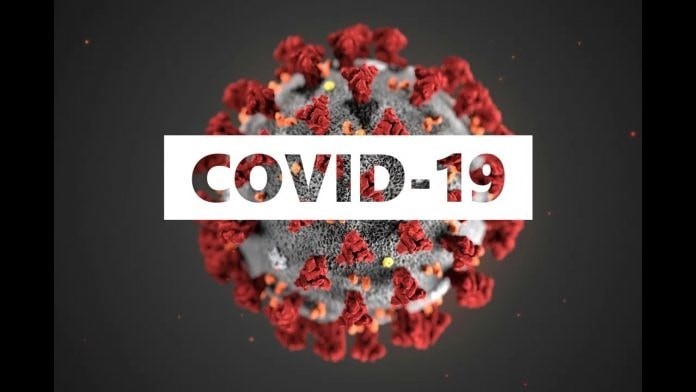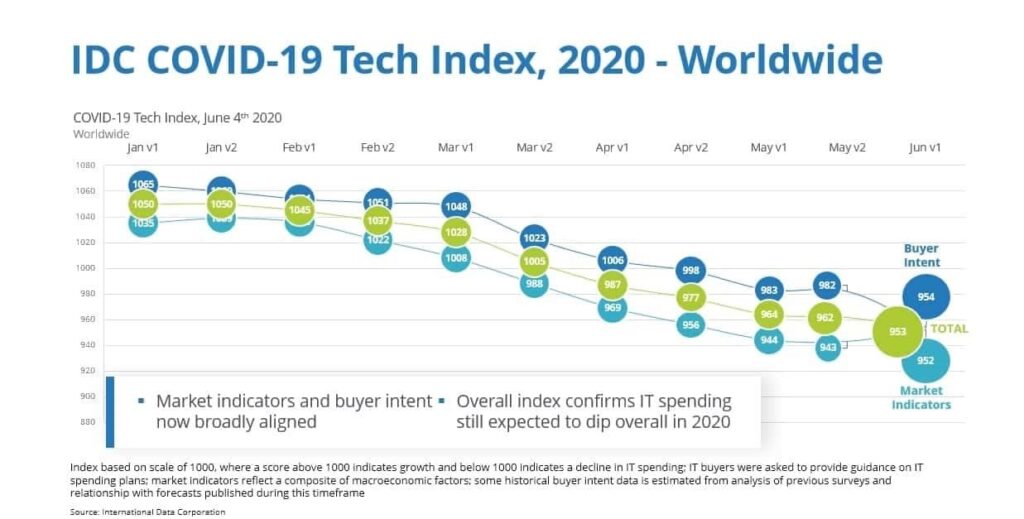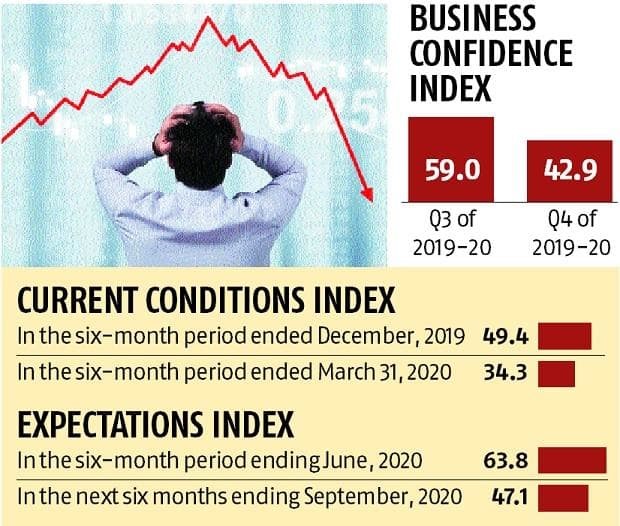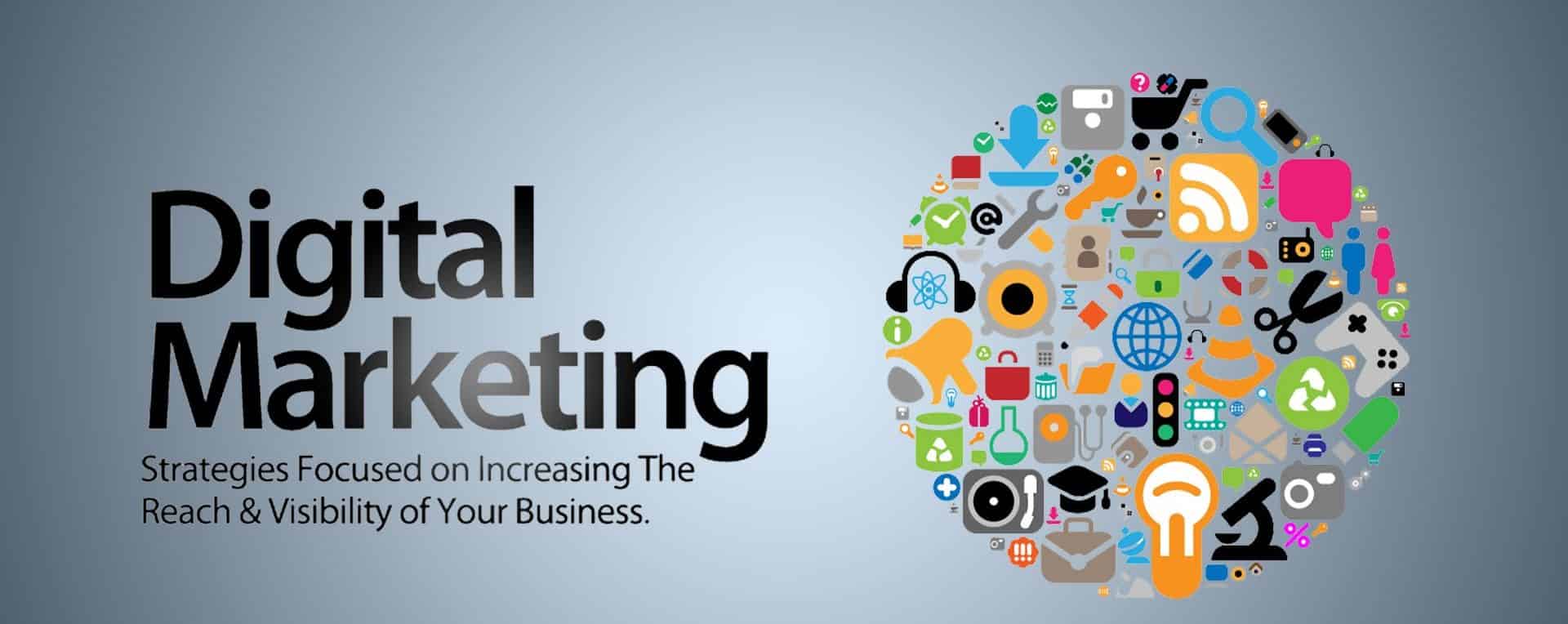More than half Indian companies expect moderate impact of COVID-19 on business. Coronaviruses are an outsized family of viruses that cause illness ranging from the cold to more severe diseases like geographic area Respiratory Syndrome and Severe Acute Respiratory Syndrome. A unique coronavirus is also a replacement strain that has not been previously identified in humans.
As the challenges associated with the coronavirus pandemic mount, there is no shortage of innovative entrepreneurs who have stepped up to help. During March and April, 2020 virtual COVID-19-advancement competitions attracted a huge number of participants from 175 nations.

Many entrepreneurs have seized this moment as a chance to launch a social enterprise — businesses that have a dual mission of social impact and financial growth.
But how can these entrepreneurs make sure that their short-term innovations can last as viable, long-term businesses?
In the COVID-19 crisis, several corporations area unit finding new leaders in surprising places, well down the org chart. Some young middle managers area unit defying the problems and frustrations of this troublesome amount to appreciate rather more than others. Leading corporations area unit capitalizing on this by putting in four talent-management practices to thrive on the far side the pandemic.
These corporations are also revisiting the playbook of the chief unit of time officers, to grasp however the crisis has modified the game.
As an entrepreneur who co-founded, built, and sold a mission-driven company, and a professor of social enterprise and global health at Emory University, I’d suggest that today’s COVID-19-inspired innovators take four key steps if they want to turn that project into a viable business for the long term.

1. Decide if your development is tending to a drawn-out issue
The best advancements are made because of explicit, critical, and sizeable issues. Somehow or another, the Covid-19 emergency has made our most pressing issues and their potential arrangements progressively self-evident. For instance, Health care suppliers required veils; creation offices were inert; laborers were furloughed and required employments. A social undertaking could address each of the three of these dire issues at the same time: Train laborers to make covers in underused creation offices for medicinal services suppliers.
2. Guide your plan of action
Huge numbers of the present Covid-19 enlivened advancements are being parted with for nothing, or are upheld by gifts, as is fitting during a crisis. The pioneers of these new companies ought to know that commitments to non-benefit associations that are not Covid-19 driven are path down. Keeping up a gift restrictive association as time goes on even with the present financial conditions will probably be troublesome.

Covid-19 roused trailblazers ought to think about income models local to the field of social business. Social undertakings have a double strategic social effect and money related development and have built up a variety of plans of action to accomplish these equal objectives. For instance, a Covid-19 enlivened trendsetter in the U.K. is utilizing the “get one, give one” deals model to disperse the recently created “cleanliness hood.”
B2B customers too area unit dynamic, and their suppliers should adapt. Our latest insights, supported a close survey, counsel that B2B firms could also be too centered on the here and currently. In times like these, 1st movers do higher than the competition by finding new pockets of growth and reshaping go-to-market approaches to serve them.
- Impact on Strategy
- Impact on Customers
- Impact on Workforce
- Impact on Operations
- Impact on Finance
- Impact on Finance
- Impact on Industries
3. Map your business model.
Many of today’s Covid-19 inspired innovations are being given away for free of charge, or are supported by donations, as is acceptable during an emergency. The leaders of those startups should remember that contributions to non-profit organizations that aren’t Covid-19 centric are way down. Maintaining a donation-exclusive organization over the long-run within the face of today’s economic circumstances will likely be difficult.
Covid-19 inspired innovators should consider revenue models native to the sector of social entrepreneurship. Social enterprises have a dual mission of social impact and financial growth and have developed an array of business models to realize these parallel goals.
Today’s entrepreneurs who are performing on mapping their business model should also look to the past when other economic disruptions similarly forced many companies to rethink their businesses. During the “great recession” of 2008, I suggest today’s entrepreneurs use this framework to define their company’s customer value proposition (CVP), profit formula, and therefore the key resources and processes needed to deliver the offering as they navigate a future that’s likely to demand novel solutions for a few time to return.

4. Recognize your drawn-out market.
The following stage is anticipating whether there will be a huge, enthusiastic market for your item or administration in a post-COVID future. An examination led by CB Insights before the pandemic found that an absence of market request was the most well-known purpose behind bombed new companies’ end, with 42% of organizations referring to it as a contributing reason.
I verged on turning into an individual from the “fizzled startup-organizer club” myself 20 years prior when I surrendered residency at a top college to help establish an early computerized wellbeing organization. Our central goal was to construct an online wellbeing asset for Latin America. Not long after we consolidated, notwithstanding, we understood that there were just several million Spanish-talking shoppers online at that point — a market too little to even think about building a practical business around. On the head of that, we committed another error regular to the new kid on the block business people: We were excessively centered around the innovation, and insufficient on the client.

The client-focused structure has instructed us that a vital aspect of building an enduring business is having a profound comprehension of who your clients are and how your item or administration fits into their reality. With the COVID-19 crisis, fundamental changes in consumer behavior, supply chains, and routes to plug are knocking companies off balance. It involves razing rigid structures and creating a porous organization with modules that plug and play. Intelligent Enterprise is capable of dynamic self-management and continual adaptation. It is built for agility, resiliency, and growth








